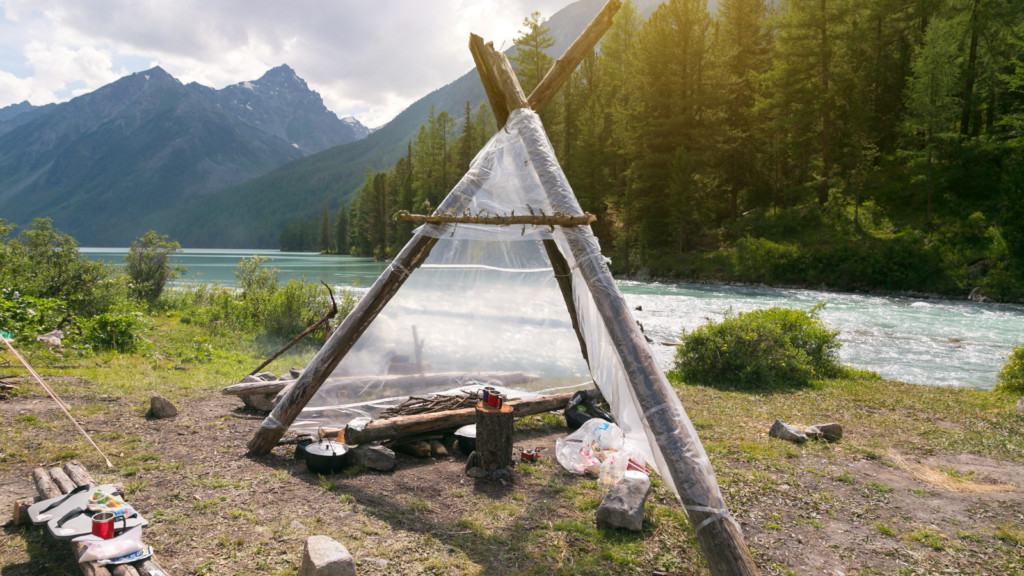In a world that’s increasingly unpredictable, survival skills aren’t just for adventurers and outdoor enthusiasts. They’re vital tools that everyone should have in their arsenal. From handling natural disasters to navigating through the wilderness, these skills can make the difference between life and death.
This article dives into the essential survival skills everyone should know. It’ll empower you with knowledge and techniques that could help you survive in dire situations. So, whether you’re a seasoned survivalist or a beginner, there’s something to learn and refine. Let’s uncover the secrets to surviving against all odds.
Survival Skills Everyone Should Know
Surival skills not only fortify the body, they nurture the spirit as well. They offer security, confidence, and an elevated sense of self-reliance.
The Benefits of Being Prepared

Preparation instills confidence, turning a daunting situation into a manageable task. It trims down the time wasted in hesitating, and, instead, enables quick decisions in the heat of the moment.
For instance, knowing how to construct a simple lean-to shelter could mean the difference between a night spent braving the elements and a night of restful sleep. Similarly, understanding how to navigate using the stars could be a saving grace when conventional methods of orientation fail.
Moreover, possessing survival skills brings peace of mind, irrespective of circumstance. Whether lost in the wilderness or caught in a natural disaster, having a fundamental working knowledge of survival skills provides a robust safety net. The importance of survival skills stretches beyond mere survival. They shape resilient individuals capable of tackling life’s challenges head-on. They prepare one for the rigors of life, allowing them to push their boundaries and experience life beyond their comfort zone.
Essential Survival Skills for All
Survival skills offer more than just physical safety—they’re equally crucial for mental resilience. This section shares the knowledge everyone should have to effectively respond to challenging survival situations.
Building a Shelter
Constructing a shelter, first and foremost, protects individuals from harsh weather conditions. Factors for consideration while building a shelter include the location, safety, and available resources. For instance, using a fallen tree’s structure can provide a makeshift shelter, while leaves can serve as insulation to maintain heat within.
How to Start and Maintain a Fire
Starting a fire not only keeps an individual warm but also enables cooking, boiling water for purification, and signaling for help. Essential elements for fire-starting include tinder, kindling, and fuel. Maintaining a fire requires constant attention, feeding it with appropriately-sized fuel based on whether cooking versus warming is the priority.
Foraging for Edible Plants

Foraging for edible plants serves as a survival tactic when other food sources are scarce. The ability to identify edible plants, berries, nuts, and roots requires prior knowledge as many have poisonous lookalikes. But with awareness, plant foraging can be a beneficial tool, providing essential nutrients during survival situations.
Advanced Survival Techniques
Diving deeper into survival knowledge, particularly the advanced techniques, can increase an individual’s endurance. It nurtures the potential to overcome harsh realities while stranded in an unfamiliar environment.
Navigation Without a Compass

Getting lost makes up a significant chunk of outdoor calamities. Mastering navigation techniques without a compass, therefore, holds paramount importance. By studying natural signposts, individuals can orient themselves without contemporary tools. For example, moss usually grows on the shaded and damp side of trees, aiding directional knowledge. Furthermore, in Northern Hemisphere, the sun rises in the east and sets in the west, a knowledge imperative for navigation. Similarly, finding the North Star can guide individuals at night.
Handling Medical Emergencies in the Wild
Self-medical assistance is vital when human help isn’t accessible. It’s pivotal to familiarize oneself with basic first-aid techniques and to recognize warning signs of health crises. For instance, knowing how to disinfect and dress a wound, splint a broken bone, recognize symptoms of dehydration or hypothermia, can be crucial for survival.
The Difference Between Life and Death
Mastering survival skills is not just about safety—it’s about fostering self-reliance, resilience, and confidence. From basic techniques like finding water and starting fires, to advanced tactics like wilderness navigation and emergency medical response, these skills can be life-saving. But remember, knowledge alone isn’t enough. It’s the regular practice through drills, challenges, and simulations that truly sharpens these skills.

